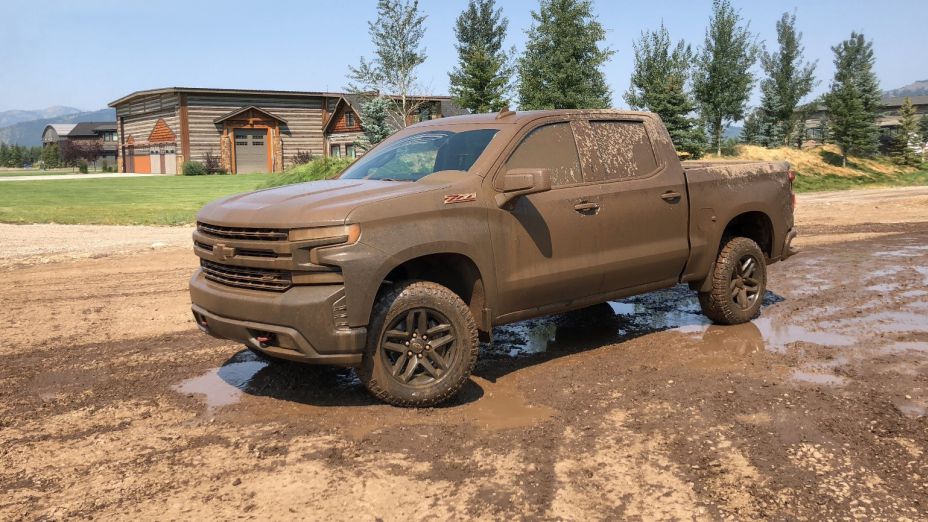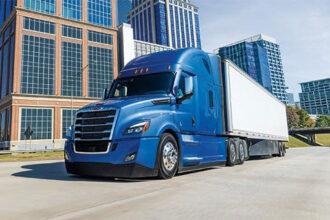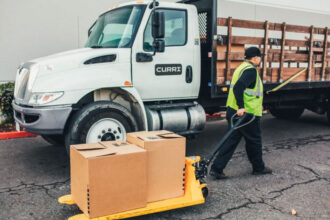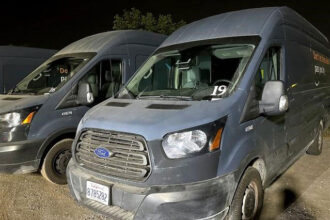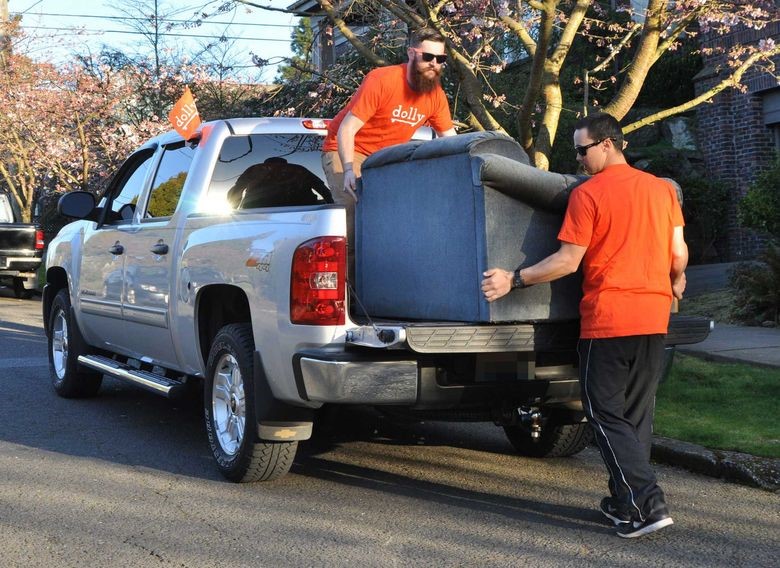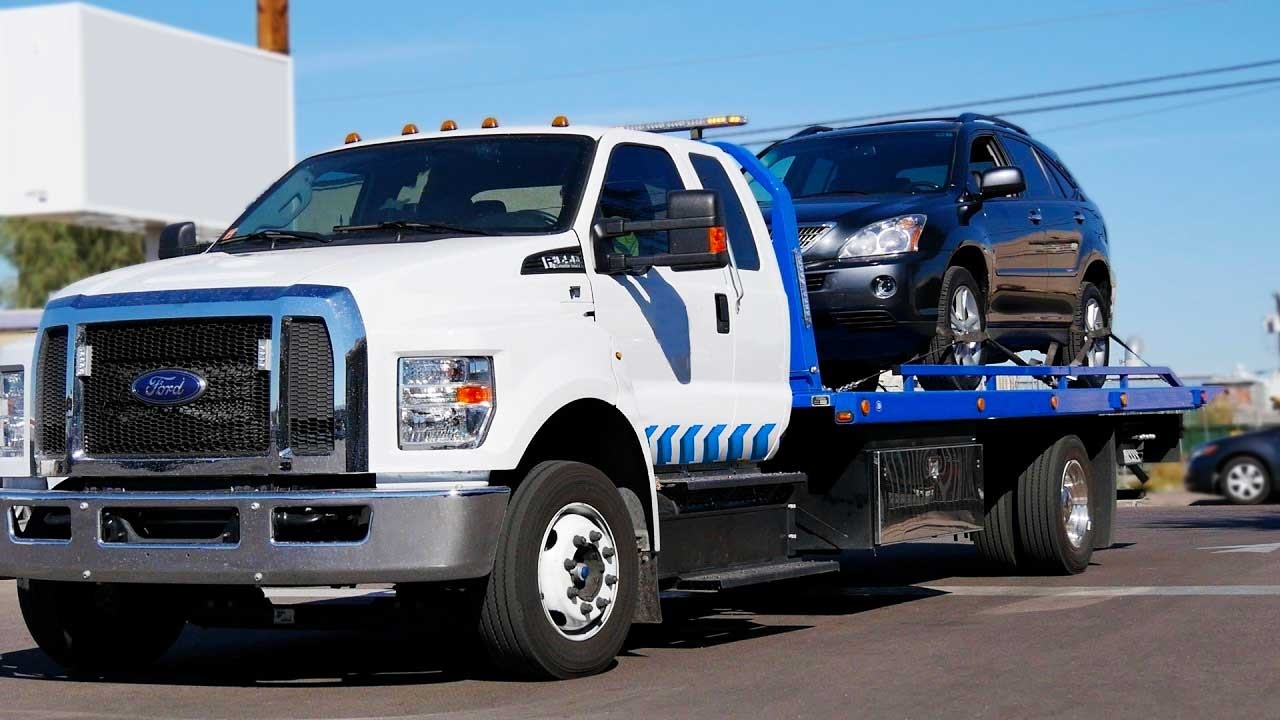Table of Contents
A pickup truck business checklist is your roadmap to success in the world of entrepreneurial ventures involving pickup trucks. Your very own pickup truck business checklist is the key to unlocking your dreams and driving you towards success in the dynamic world of pickup trucks. This isn’t just any checklist; it’s your golden ticket to entrepreneurial greatness.
Picture yourself confidently navigating the intricate web of permits, licenses, and regulations, all thanks to this checklist. See yourself behind the wheel of reliable, well-maintained trucks, ready to conquer any challenge that comes your way. Feel the satisfaction of watching your client base grow, knowing you’ve followed a proven path to prosperity.
This checklist isn’t just a list of tasks; it’s your roadmap to financial independence and the freedom to run your own show. It’s your secret weapon in a competitive market, giving you the edge you need to stand out and thrive. With this checklist by your side, your pickup truck business cannot just be a dream—it can be a reality.
So, are you ready to kickstart your pickup truck business journey? Your checklist is waiting, ready to transform your aspirations into achievements!
Here’s a pickup truck checklist to help you get started:
1. Establish a Business Plan
Begin by crystallizing your business idea. What can you offer, and who is your target audience? This foundational step sets the direction for your venture.
Thoroughly analyze your competitors. Understand their strengths and weaknesses. This knowledge is crucial for differentiation.
Identify your Unique Selling Points (USPs) to discover what sets you apart. Highlight your USPs to attract customers.
Develop a comprehensive business plan that outlines your goals, budget, and timeline. This roadmap can guide your path to success.
2. Apply for Your Trucking Authority
To begin your journey into starting a trucking business, the first crucial step is obtaining your trucking authority. This is essential for trucking companies that operate as hire carriers across state lines with vehicles exceeding 10,000 gross vehicle weight (GVW).
Start by crafting an exclusive business name and confirming its availability online, then officially register it within your state. Next, proceed to submit your application for trucking authority through the Federal Motor Carrier Safety Administration (FMCSA). Additionally, apply for your motor carrier number (MC) for interstate commerce transportation.
3. Know The Legal Requirements
Apply for a DOT Number and Federal Authority
Start by obtaining your U.S. Department of Transportation (DOT) number and Federal Authority to operate interstate.
Complete BOC-3 and Insurance
File a BOC-3 form and secure trucking insurance covering primary liability and cargo. Ensure compliance while avoiding plagiarism.
Obtain Fuel Tax Agreement Stickers
Get International Fuel Tax Agreement (IFTA) stickers to simplify fuel tax reporting for interstate trips.
Register and Plate Your Vehicles
Register for a Unified Carrier Registration (UCR) permit and an International Registration Plan (IRP) to acquire apportioned plates for your fleet.
Employment Identification Number (EIN)
Apply for an Employment Identification Number (EIN) from the IRS. This is essential, regardless of your business structure (sole proprietorship, LLC, or corporation).
Install ELDs
Install FMCSA-compliant electronic logging devices (ELDs) in your vehicles, especially if you’re not exempt from these requirements.
Secure SCAC Code
Obtain a Standard Carrier Alpha Code (SCAC) from the National Motor Freight Traffic Association (NMFTA) to identify your business in shipping transactions.
Pay Heavy Highway Vehicle Taxes
If your truck weighs over 55,000 pounds, fulfill your obligations by paying heavy highway vehicle use taxes using IRS tax form 2290.
Business Licensing
Finally, ensure you have all the necessary business licenses and permits from your state and local authorities.
By diligently following these steps, you can establish a legitimate trucking business in accordance with U.S. regulations.
4. Secure Financing
Begin by meticulously assessing your startup expenses. This should include costs associated with purchasing or leasing pickup trucks, which are the backbone of your business.
Explore various funding avenues, such as loans, grants, or seeking investors. Adequate capital is vital to cover initial expenses and ensure smooth operations.
Establish business bank accounts to manage finances efficiently. Set up a dedicated business bank account. This separation of personal and business funds simplifies accounting and builds credibility.
5. Acquire Vehicle
Select pickup trucks tailored to your business’s demands. Choose wisely between purchasing or leasing based on your financial strategy and operational requirements. Utilize your vehicles as mobile advertising assets. Apply branding that communicates your message effectively. This rolling advertisement can enhance visibility and attract potential customers, creating a powerful marketing tool on the road.
6. Obtain Insurance
To safeguard your business, obtaining commercial auto insurance is paramount. This policy shields your vehicles, ensuring financial protection in case of accidents or damage. But it doesn’t stop there. Depending on your business’s nature, delve into liability insurance.
This shields you from potential lawsuits by covering legal expenses and settlements. Moreover, if you employ workers, consider offering worker’s compensation coverage, offering financial support to employees injured on the job. In sum, these insurance options are not just advisable but essential for comprehensive business protection, safeguarding against unforeseen challenges and liabilities.
7. Procure Necessary Equipment and Tools
Procuring the requisite equipment for loading, unloading, and cargo securing stands as a fundamental imperative. Your operational efficiency hinges on this acquisition. Invest wisely in essential tools, including forklifts, pallet jacks, and robust cargo straps.
These resources elevate not only productivity but also the sanctity of cargo. In doing so, you mitigate potential accidents and safeguard the integrity of your transported goods. In the realm of logistics and transportation, this strategic approach is the cornerstone of reliability and the hallmark of quality service provision.
8. Hire Staff
When building a robust transportation team, it’s crucial to prioritize two key elements. Firstly, hire drivers possessing the requisite licenses and a wealth of experience. This ensures not only legal compliance but also safe and proficient operations on the road.
Secondly, consider the importance of administrative staff who can expertly manage paperwork and provide exceptional customer service. This dual approach guarantees a well-rounded and efficient team, bolstering your transportation endeavors. In this dynamic field, expertise and professionalism in both driving and support roles are non-negotiable for success.
9. Determine Pricing and Services
Establishing a solid foundation for your business requires a dual strategy. Firstly, meticulously determine your pricing structure through rigorous market research and cost analysis. This ensures competitive rates while ensuring profitability. Secondly, define a comprehensive range of services, from delivery to hauling and moving, to meet diverse customer needs. By implementing these strategic decisions, you position your business for success in the market. It’s a two-fold approach—precision in pricing and a versatile service portfolio—that lays the groundwork for long-term growth and market leadership.
10. Maintain Accounting and Bookkeeping Records
Set up an accounting system to track income and expenses.
Consider hiring an accountant or using accounting software.
Keep thorough records of all business transactions and financial statements.
Remember that starting a pickup truck business can be challenging, so thorough planning and attention to detail are essential for success. It’s also a good idea to consult with business advisors or professionals in the transportation industry for guidance.
Recap
In conclusion, the Pickup Truck Business Checklist is your indispensable guide to success in the competitive world of trucking. Whether you’re a seasoned entrepreneur or just starting out, this checklist is your roadmap to ensuring your venture thrives.
First and foremost, it helps you stay organized. From acquiring the necessary permits and insurance to pricing your services and maintaining proper accounting records, the checklist keeps you on track. It’s like having a trustworthy co-pilot on your journey.
Moreover, it ensures compliance with legal requirements, saving you from costly penalties and legal troubles. Knowing the legal landscape is essential in the trucking industry.
Additionally, the checklist helps you manage finances efficiently, secure the right equipment, build a capable team, and ultimately deliver top-notch services to your clients.
The pickup truck business checklist isn’t just a list of tasks; it’s your recipe for success. It keeps you accountable, guides your decisions, and ensures your business operates smoothly. So, if you want to thrive in the pickup truck business, make this checklist your trusted companion.


